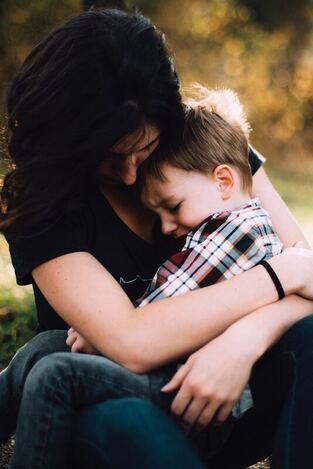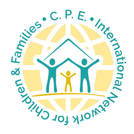|
For most parents, telling their children about the decision to divorce is one of the most difficult things that they have to face. It is helpful for both parents to discuss ahead of time what they’re going to share with their children and how they’re going to respond to their children’s questions.
Parents should make several agreements:
If you don’t know where you’ll live, that will create some stress for children. Letting children know a plan for where you’re living, even if it’s just for the near future, will help lower children’s anxiety. If there are issues that the children already know about such as substance abuse, sexual orientation or an affair, it’s better to acknowledge the issue rather than avoid it. If you discuss it with the children, it will enable them to ask questions and feel that they can come to you to talk about things that concern them. Discuss what the schedule will be and anything else that will impact them. Children need to know things like will they be moving, where will each parent live, who they will live with, when will they see each parent, will they stay at the same school and what will happen on their birthday and holidays. Even if you don’t have all of the answers, telling children what’s happening in the near future will help. It’s best for parents to tell their children about the divorce together. It helps children see that their parents are still working together. It provides a sense of safety for children through an unstable time. It also provides an opportunity for children to process the information in a safe environment as both parents are available for questions, reassurance and support. Choose a time where there's no distractions and everyone can be together. If children don’t feel like asking questions or talking about anything, don’t push them. Allow them to have time to process the information. They probably feel a lot of conflicting emotions and may not be able to verbalize their feelings right away. It’s ok to tell children that you’re sad about the divorce and that with time, you will all heal and adjust to the changes in the family. However, try not to show intense emotions like crying for hours or saying, “I don’t know what I’m going to do.” Even though you may be struggling emotionally, you need to deal with your emotions separately from your children. They need to know that you are strong enough to deal with the divorce so that they don’t feel obligated to take care of you. If you need help dealing with all of the emotions and overwhelm of divorce, see a therapist so that you can be there for your children. |
AuthorJill Barnett Kaufman, MSW, LCSW and Certified Parent Educator is an experienced clinician who helps clients discover new ways to resolve a variety of challenges and bring more happiness and peace into their lives. Archives
November 2023
Categories
All
|
|
If you are in crisis or in need of emergency assistance, please call 911. |
|



 RSS Feed
RSS Feed


